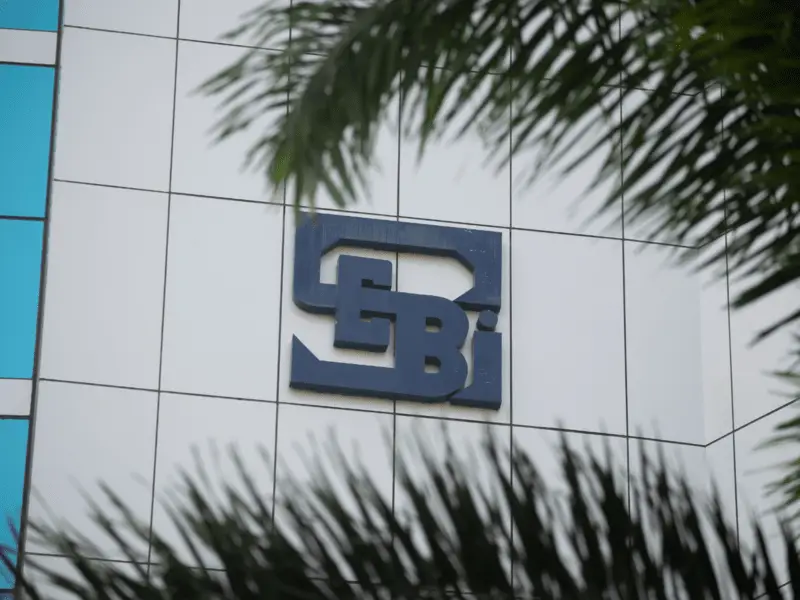The Securities and Exchange Board of India (SEBI) has issued several circulars to streamline business and compliance reporting for intermediaries in the securities market. These circulars aim to enhance transparency, reduce redundancies, and facilitate ease of doing business.
Centralization of FATCA and CRS Certifications at KRAs : SEBI
One of the circulars, SEBI/HO/MIRSD/SECFATF/P/CIR/2024/12, dated February 20, 2024, mandates the centralization of certifications under the Foreign Account Tax Compliance Act (FATCA) and Common Reporting Standard (CRS) at KYC Registration Agencies (KRAs). FATCA and CRS are international tax compliance norms that require reporting financial institutions (RFIs) to obtain self-certifications from clients to determine their tax residence and report their financial information to the relevant authorities.
According to the circular, intermediaries acting as RFIs are now required to upload FATCA and CRS certifications obtained from clients onto the systems of KRAs from July 01, 2024. The existing certifications obtained from clients prior to July 1, 2024 will be uploaded by the intermediaries onto the systems of KRAs within a period of 90 days of implementation of the new rule. The onus of obtaining and reporting the FATCA and CRS certification and related compliances will lie with the respective intermediaries.
The circular also states that intermediaries must ensure the reasonableness of certifications based on the information obtained in respect of account opening, including any documentation obtained in accordance with Prevention of Money Laundering (Maintenance of Records) Rules, 2005. Updates to self-certifications are necessary in case of any changes reported by clients.
The role of KRAs is to develop coordinated systems and mechanisms, aligning with SEBI’s guidelines and standards, to facilitate the centralization of FATCA and CRS certifications. The circular specifies that KRAs should follow uniform internal guidelines in consultation with SEBI.
This circular aims to streamline compliance reporting and ensure adherence to international tax compliance standards. By centralizing FATCA and CRS certifications at KYC Registration Agencies, intermediaries can reduce redundancies, avoid duplication of efforts, and ensure consistency and accuracy of data. This move is expected to bolster investor confidence and promote the integrity and transparency of India’s securities markets.
Streamlining Regulatory Reporting by DDPs and Custodians
Another circular, SEBI/HO/MRD2/DCAP/CIR/P/2024/11, dated February 19, 2024, reviews various reports submitted by Designated Depository Participants (DDPs) and Custodians to have uniform compliance standards. DDPs and Custodians are intermediaries who provide services related to foreign portfolio investors (FPIs), such as registration, custody, transfer, reporting, etc.
According to the circular, DDPs and Custodians are required to submit the reports on the SEBI Intermediary Portal (SI Portal) from April 01, 2024. The SI Portal is a web-based platform that enables online submission of reports by intermediaries. The circular provides a list of reports that need to be submitted on the SI Portal along with their frequency and timelines.
The circular also states that DDPs and Custodians should ensure that the reports are accurate, complete, consistent, and timely. Any discrepancies or errors should be rectified promptly. The circular also clarifies that submission of reports on the SI Portal does not absolve DDPs and Custodians from their obligations under other applicable laws or regulations.
This circular aims to improve disclosure and reduce compliance cost for listed companies. By streamlining regulatory reporting by DDPs and Custodians through SI Portal, SEBI intends to enhance efficiency, standardization, automation, and data quality. This move is expected to facilitate ease of doing business for intermediaries and FPIs in the securities market.
Conclusion
SEBI’s circulars signify a proactive approach to enhancing compliance and regulatory oversight in the securities market. By streamlining business and compliance reporting for intermediaries in the securities market, SEBI aims to foster a conducive environment for market participants. These measures are likely to have a positive impact on investor protection, market integrity, transparency, and competitiveness.
Recent Blog : RBI Article refuses IMF’s India Debt-GDP Ratio Claim
